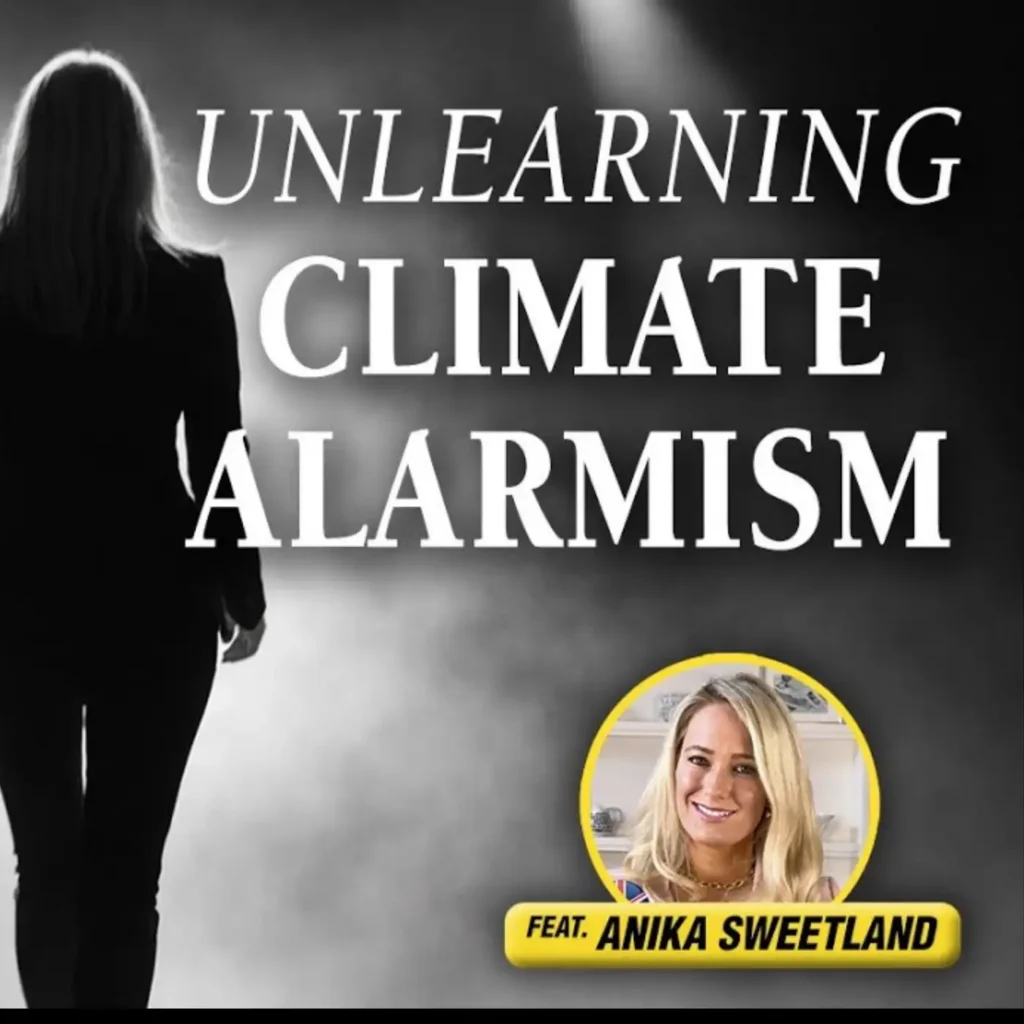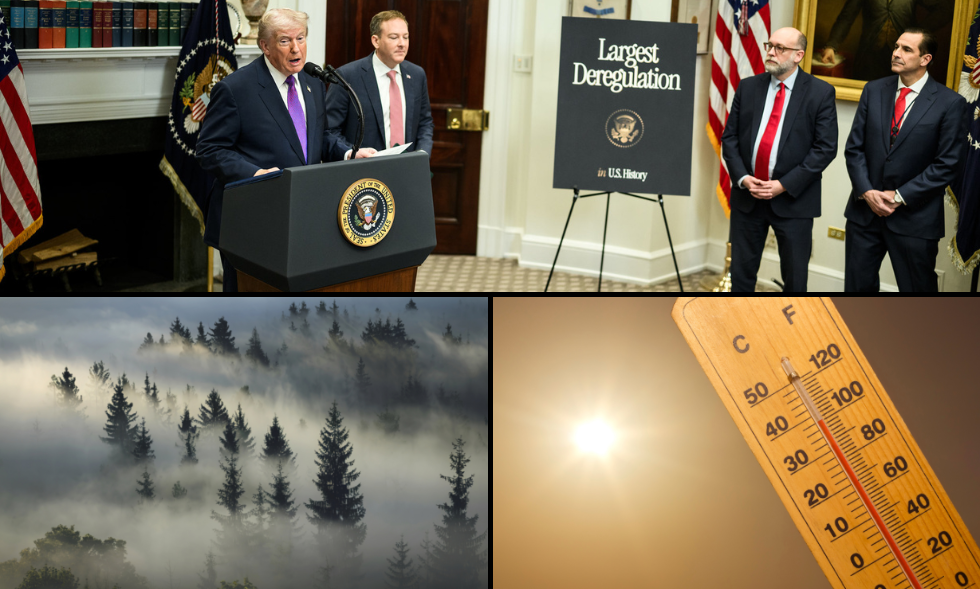New York state Supreme Court Justice Barry Ostrager dismissed a lawsuit brought by state Attorney General (AG) Letitia James against ExxonMobil.
The suit accused ExxonMobil of lying to investors about the company’s business prospects in light of the possible costs of government regulations to fight climate change.
“The office of the Attorney General failed to prove, by a preponderance of the evidence, that ExxonMobil made any material misstatements or omissions about its practices and procedures that misled any reasonable investor,” Ostrager wrote in his decision. “The office of the Attorney General produced no testimony from any investor who claimed to have been misled by any disclosure.”
Ostrager dismissed the case with prejudice, meaning it cannot be brought again based on these facts in the state of New York. The case was the first of several climate-related lawsuits against major oil companies to go to trial.
Signs of Trouble
Signs New York’s case was in trouble arose during the state’s closing arguments in November when, without explanation, the AG dropped arguably the two most damaging of the four claims it had brought against ExxonMobil.
Throughout the case, New York’s AG argued ExxonMobil had intentionally misled investors regarding the risks government climate regulation posed to the company, and that investors relied on misleading statements the company made when buying its stock. The AG’s office argued these were crucial elements of its case, only to drop those claims at its end.
With those claims removed, Ostrager had only to consider whether the company violated New York’s Martin Act, a sweeping law which does not require investors to have purchased stocks based on misleading statements or that any misleading statements made were intentional, to prove wrongdoing.
ExxonMobil had issued two sets of proxy costs. One was a public estimate of the impact climate change regulations might have on fuel prices, and one an internal estimate of the potential climate costs associated with projects such as fracking and oil sands development.
New York argued having two sets of costs, one public and one private, was like keeping two sets of books. Ostrager rejected that claim.
‘Waste of … Taxpayer Money’
The lawsuit was a waste of resources, said ExxonMobil spokesman Casey Norton in a statement.
“We provided our investors with accurate information on the risks of climate change,” said Norton. “The court agreed that the Attorney General failed to make a case, even with the extremely low threshold of the Martin Act in its favor.
“Lawsuits that waste millions of dollars of taxpayer money do nothing to advance meaningful actions that reduce the risks of climate change,” Norton said. “ExxonMobil will continue to invest in researching breakthrough technologies to reduce emissions while meeting society’s growing demand for energy.”
Duped by Climate Zealots?
During his opening statement, ExxonMobil’s attorney, Theodore Wells, said the state was persuaded to investigate the company in closed-door meetings with climate activists and billionaires who wanted to blame ExxonMobil for climate change regardless of the facts.
Environmental lobbyists fooled New York’s attorney general into filing this lawsuit, says meteorologist Anthony Watts, a senior fellow with The Heartland Institute, which publishes Environment & Climate News, in a statement.
“In this highly touted planet-saving ‘ExxonKnew’ trial, the New York Attorney General failed to clear the lowest bar ever established for such matters, the New York Martin Act, which empowers the AG to target a wide range of corporate behavior that could have hurt shareholders,” said Watts. “This result is what happens when law enforcement launches abusive investigations and prosecution at the behest of private nongovernmental organizations like Bill McKibben and 350.org, donors, and climate-engaged political hacks who really have no clue about the burden of proof needed, much like the entire climate scare itself.”
Could Set Important Precedent
If other states’ courts follow the precedent set in this case, the door will be closed to a host of similar lawsuits filed against oil companies, says Michael Biles, a partner in the securities litigation group at King & Spalding LLP in Austin, Texas.
“This was the first case where a state attorney general alleged securities fraud violations against a publicly traded oil and gas company for climate-change-related disclosures,” said Biles. “Climate change has been a hot-button issue for oil and gas companies for some years now, and there’s been a lot of talk from activist shareholders that oil and gas companies aren’t being truthful to shareholders about how their products impact the environment.
“If other courts will follow this decision, oil and gas companies will have shut the door for cases that follow it for potential securities violations involving proxy carbon cost disclosures,” Biles said.
Might Affect Other States
Biles says other avenues to sue oil companies for climate damages remain, although such suits may be harder to win because of the New York justice’s findings.
“The Massachusetts lawsuit is not over, because it is not being brought under securities law; it’s being brought under consumer protection law, arguing Exxon falsely misrepresented the impact carbon dioxide has had on the environment, leading consumers in Massachusetts into buying Exxon gas, which they wouldn’t have done had they known Exxon’s products were causing global warming,” Biles said. “I do think the New York case will impact the Massachusetts case, however, because the judge in New York was very complimentary about Exxon’s business practices and the character and integrity of its officers, directors, and witnesses.
“While the New York decision doesn’t shut the door to the Massachusetts case, the fact that the New York judge was complimentary of Exxon, saying they weren’t a bunch of liars and cheats who didn’t care about the environment, should certainly give the Massachusetts attorney general pause,” Biles said.
H. Sterling Burnett, Ph.D. ([email protected]) is a senior fellow at The Heartland Institute.




